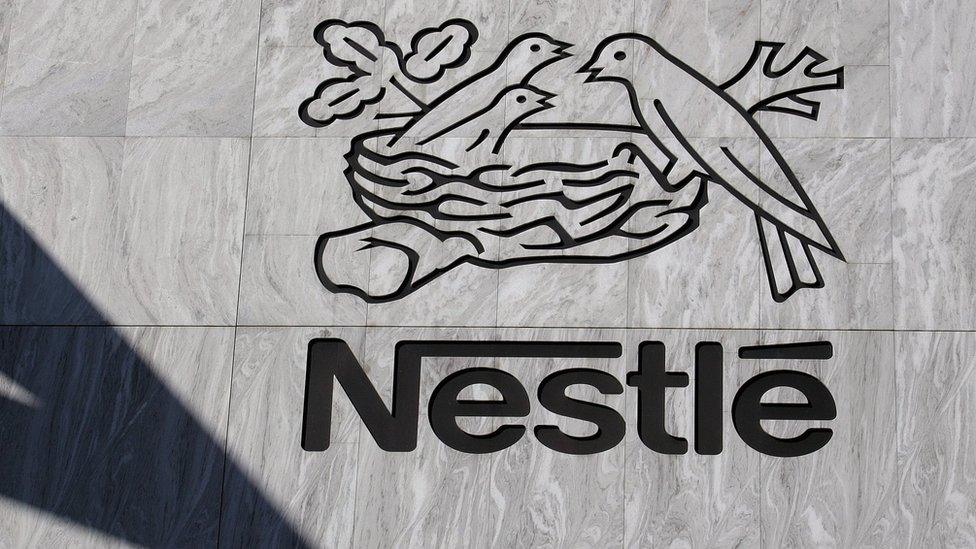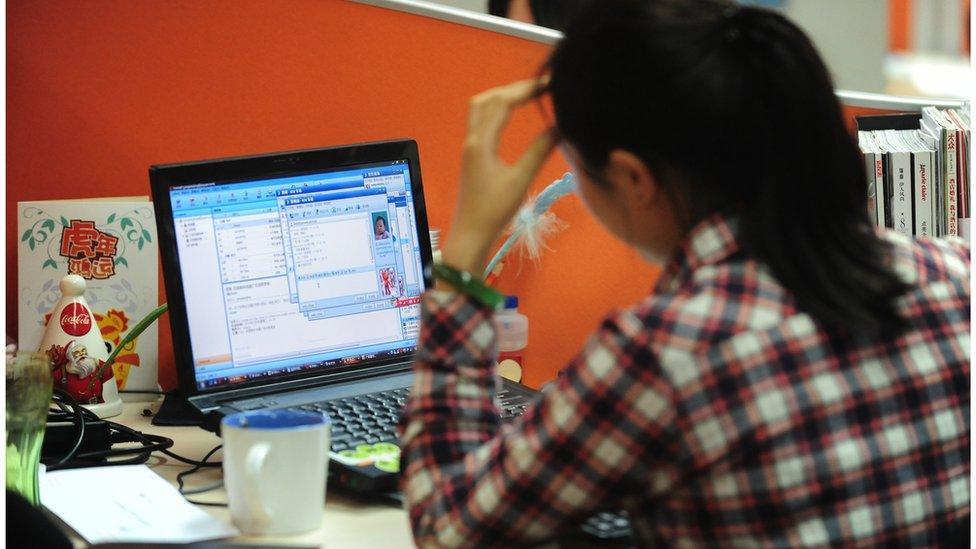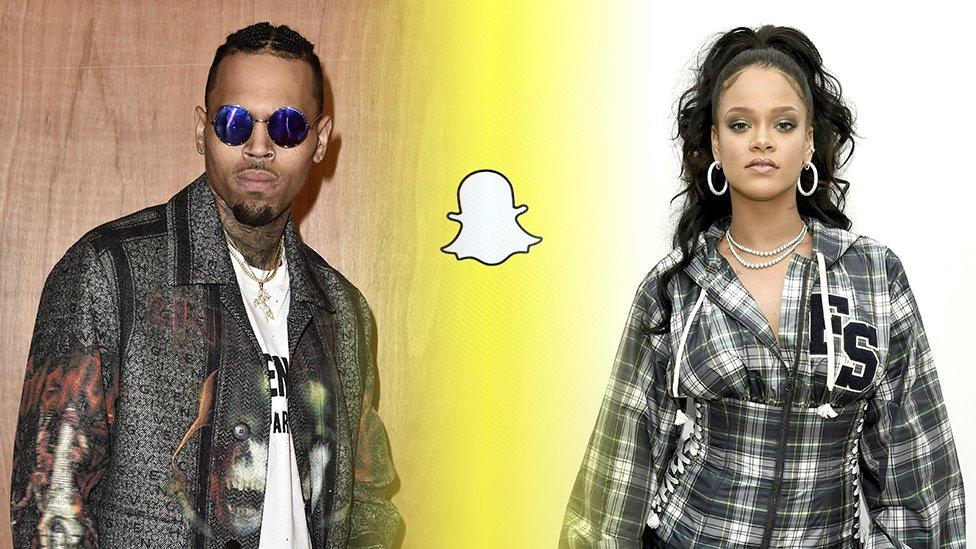Nestlé withdraws 'degrading' wife-hunt ad campaign in Morocco
- Published

Nestlé said it had not meant to cause offence
The Swiss food giant Nestlé has cancelled an online publicity campaign in Morocco after it was branded sexist on social media.
The mini-series, titled I Want to Get Married, featured five young women competing to win a husband by impressing his mother.
The first episode saw the would-be brides asked to make a dessert using Nestlé condensed milk.
Nestlé says it "sincerely regrets" that the content offended some viewers.
A number of Moroccans had lambasted the campaign, saying it was degrading and outdated to pick a wife based on her cooking skills.

Allow X content?
This article contains content provided by X. We ask for your permission before anything is loaded, as they may be using cookies and other technologies. You may want to read X’s cookie policy, external and privacy policy, external before accepting. To view this content choose ‘accept and continue’.

Some used the hashtag "shame on Nestlé", saying Morocco's women deserved better.
Allow X content?
This article contains content provided by X. We ask for your permission before anything is loaded, as they may be using cookies and other technologies. You may want to read X’s cookie policy, external and privacy policy, external before accepting. To view this content choose ‘accept and continue’.
Allow X content?
This article contains content provided by X. We ask for your permission before anything is loaded, as they may be using cookies and other technologies. You may want to read X’s cookie policy, external and privacy policy, external before accepting. To view this content choose ‘accept and continue’.
Historian Samia Errazzouki, who was previously a Morocco-based journalist, tweeted a clip from the series.
Allow X content?
This article contains content provided by X. We ask for your permission before anything is loaded, as they may be using cookies and other technologies. You may want to read X’s cookie policy, external and privacy policy, external before accepting. To view this content choose ‘accept and continue’.
She also highlighted a description of the adverts given in a video by Nestlé's local brand manager, external, who said the firm had deliberately chosen a stereotypical approach that could be "interpreted in different ways", calling it "a subject to debate, and funny".
Nestlé said in a statement that it had not meant to cause offence, but "upon review we have decided to end our Baghi Ntzewej [I Want to Get Married] campaign in Morocco with immediate effect".
The company said it was "strongly committed to equality and diversity, and to treating everyone with respect", and that its advertising "should always live up to these values".
- Published23 April 2018

- Published13 March 2018

- Published8 February 2018

- Published20 November 2017
